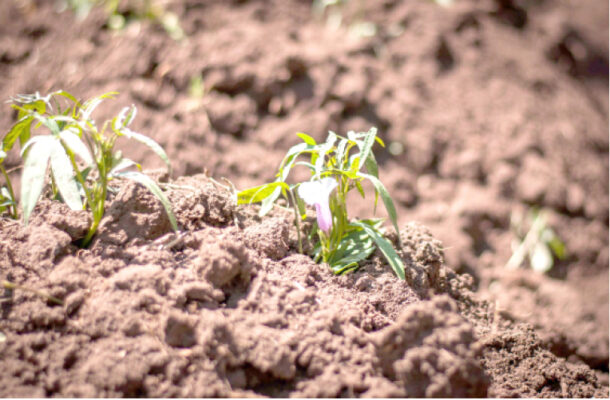In its quest to advance adequate soil management for sustainable crop production and food security in Nigeria, the Nigerian Institute of Soil Science (NISS) has inaugurated a number of zonal offices across the country to enhance the discharge of its mandates.
While addressing the institute’s zonal coordinators, Ayoade Ogunkunle, national president and chairman of the NISS, shared that the organization had acquired offices, equipped with furnishings, laboratories and field equipment, in each of the nation’s six geopolitical zones.
The NISS is an agency under the Federal Ministry of Agriculture and Rural Development. It was established through a federal act passed into law by President Muhammadu Buhari on February 3, 2017. The agency is tasked with transforming agriculture in Nigeria and promoting the sustainable use of soil, land and other resources.
Minister Advocates for Annual Soil Testing
Ogunkunle explained that the main purpose of the zonal offices is to make the institute more effective, adding that its new locations would assist in executing the institute’s policies at the state and local government levels.
According to the chairman, they will also function “to organize training workshops, seminars, conferences and exhibitions in collaboration with the headquarters for relevant stakeholders in the areas relating to the mandate of the institute.
“To undertake inventorization of Soil and Fertilizer Analytical Laboratories in private and public institutions for the accreditation of the Laboratories.
Soil Scientist Set to Clampdown Quackery
“Monitoring, enforcement of the regulatory activities of the institute, to serve as registration centres at the Zonal level for interested corporate and individuals wishing to join the institute.
“To facilitate the implementation of other activities of the institute at the zonal level in order to achieve a common goal.”
Victor Chudes, registrar for the NISS, reiterated the institute’s mandate, which includes regulating the practice of soil science for the increased profitability of all stakeholders and guaranteeing improved soil management systems.



